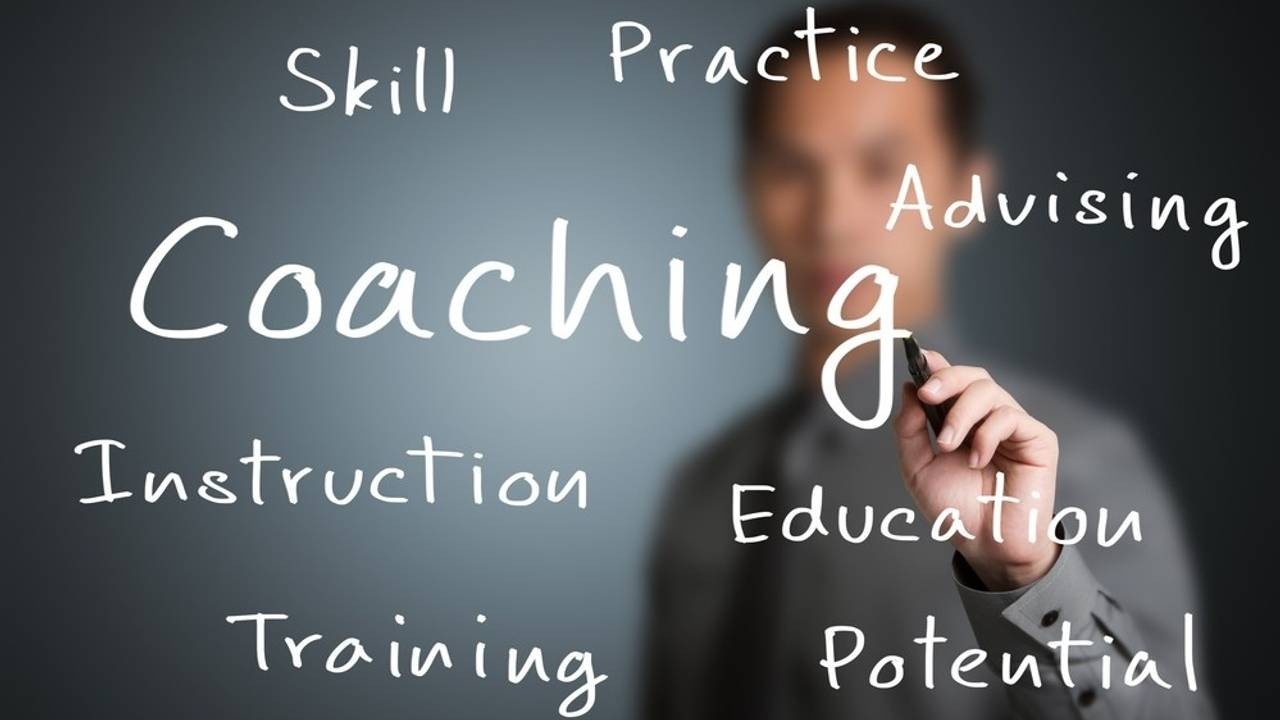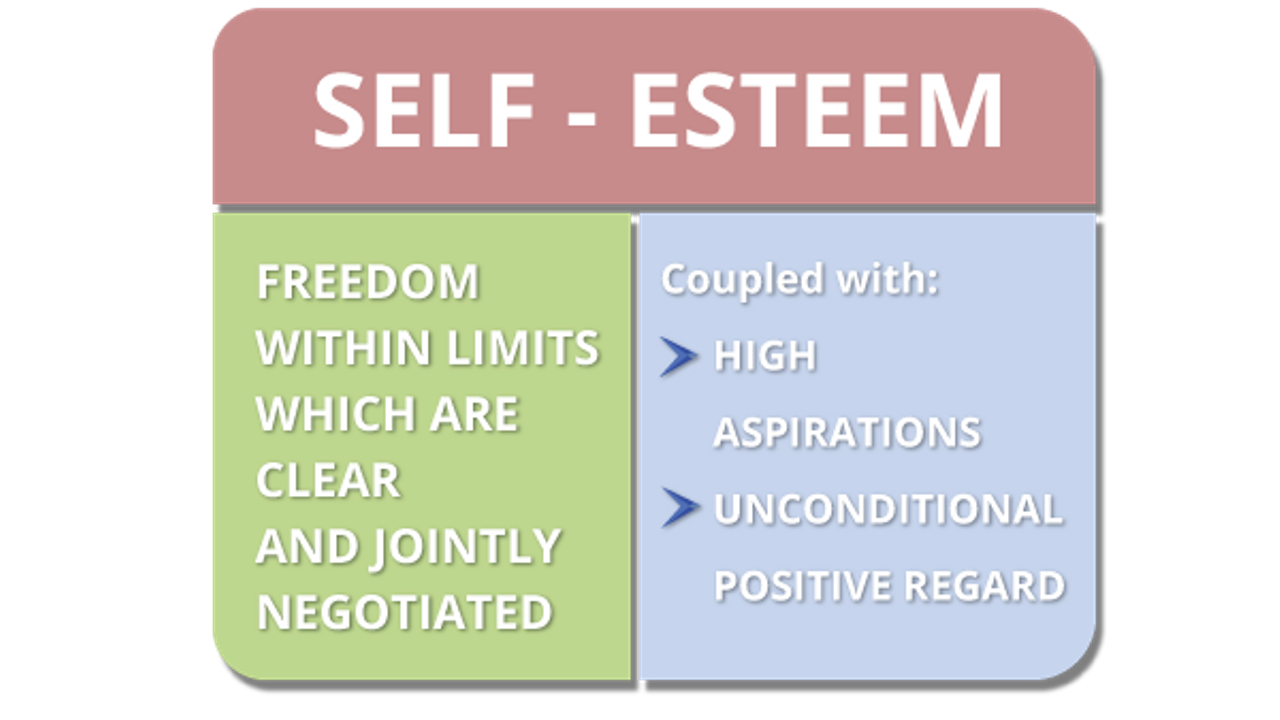Coaching Articles
Reflective practice derives its origins from education when it was introduced as a critical, problem-solving mechanism, challenging individuals to think differently to effect change [1, 2]. Coaching transforms behaviour by developing coachees’ awareness of a need to change [3] as they envision th...
The growth of emotional intelligence research highlighted coaching as a social – relational process that occurs either as a dyadic relationship between coach and coachee or among group or team members as they create “interactional richness … [and] a specific opportunity for individual learning and d...
Leadership Coaching is the most common form of coaching in organisations today [1, 2]. It is delivered by external executive and leadership coaches as well as qualified organisational leaders as they inspire and motive their direct reports to increase employee engagement and assist them cope with...
Previously, organisational leaders perceived coaching as “weird” and “fluffy” because it was typically associated with life coaching which was not academically referenced or relevant to management and leadership practice. However, concerns have abated as more information about coaching has become...
Common misconceptions of organisational coaching as it has emerged from community-based, life coaching beginnings are that coaching is ‘weird’ and ‘fluffy’ with no solid underpinnings for professional practice. However, if one extrapolates from a sports-coaching perspective, coaching is definitely n...
Contemporary perspectives on motivation emphasise the importance of a positive work environment in which the emphasis is just as much on the employee being satisfied with their job and the organisation in which they work, as it is with the employer continuing to employ them.
A positive work envi...
Certain factors pertaining to the work environment serve to motivate employees to perform at their best. The Motivator-Hygiene theory of job satisfaction concluded that certain factors in the workplace result in job satisfaction. However these factors, if absent, don't necessarily lead to job dissat...
The highest motivation level for an employee is when they are optimally aroused. To restore an employee’s motivation, the manager or a professional coach needs to engage with the employee to identify the stressors for that individual and what triggers them in the first place. Such self-awareness is ...
Over the years, research has contributed a number of evidence-based approaches to identify individual motivational strategies, and to provide outcomes that are valued by individuals. For example, some people like to be congratulated in private – some in public. Some staff need lots of attention and ...
Coaching is a collaborative relationship in which both coach and employee are jointly accountable for achieving the outcomes the employee wants and/or manager has set for them. Coaches bring essential coaching skills of rapport-building, active listening and powerful questioning to the process; emp...
Self-esteem is a term used to describe how an individual feels about themselves and their self-worth. It is a judgment that they make of themselves based on opinions that they perceive as belonging to those around them, particularly their significant others e.g. parents, teachers, authority figures....
Conflict is the process that results when one person (or a group of people) perceives that another person or group is frustrating, or about to frustrate, an important concern. It involves incompatible differences between parties that result in interference or opposition. The differences themselves a...














